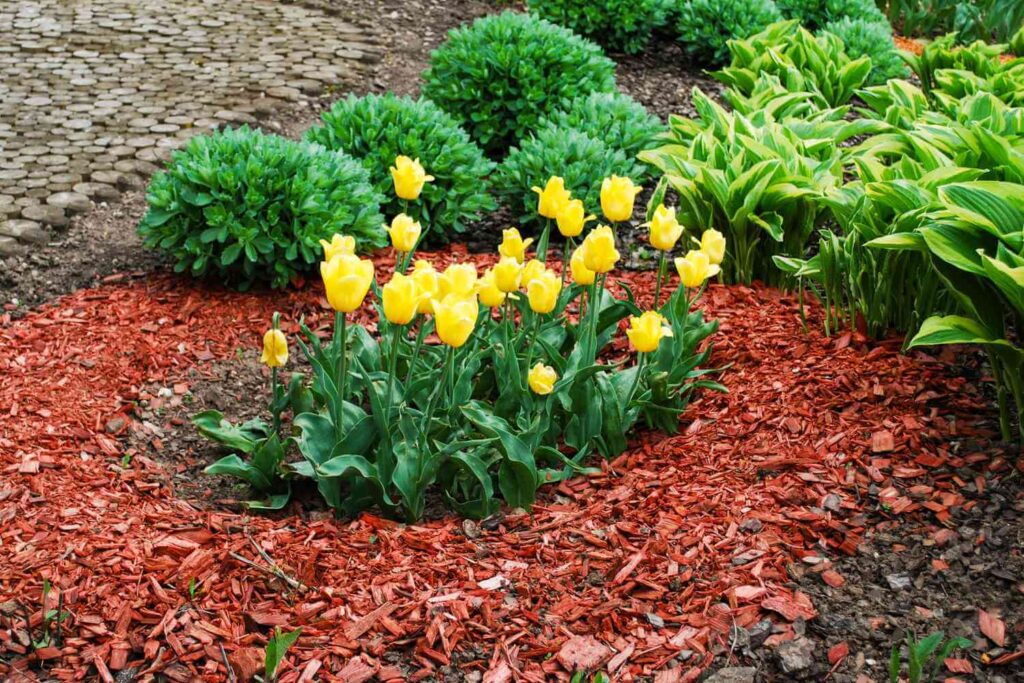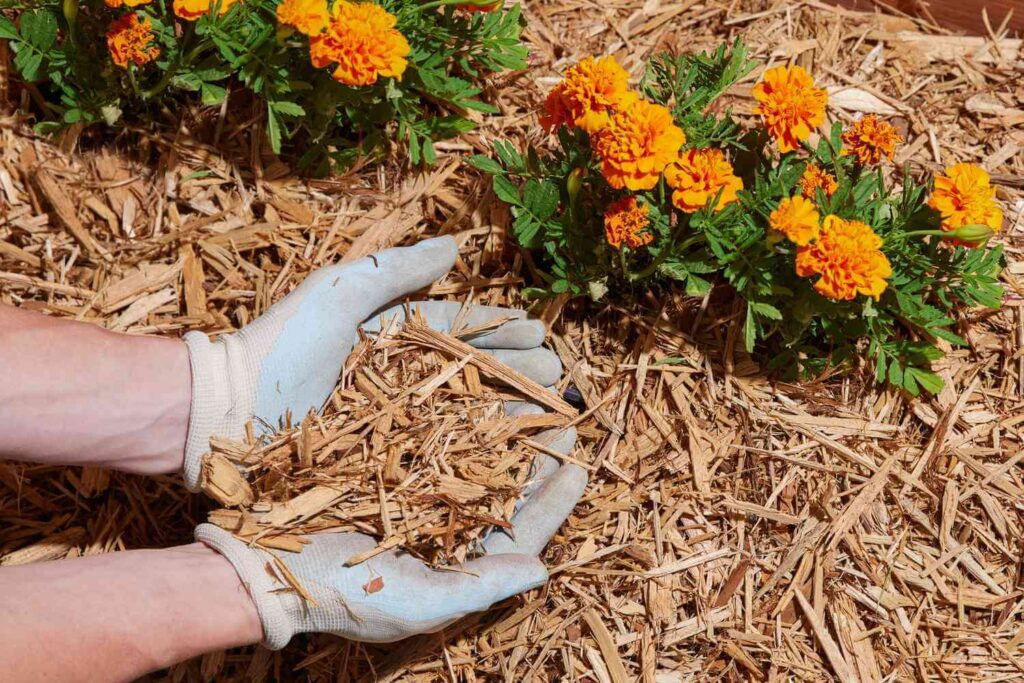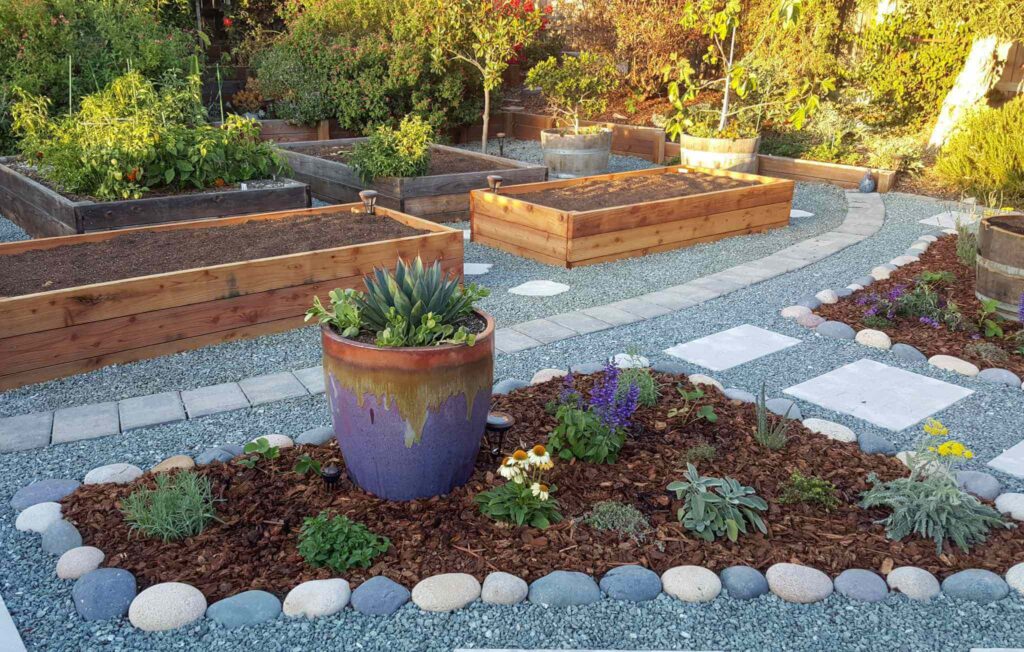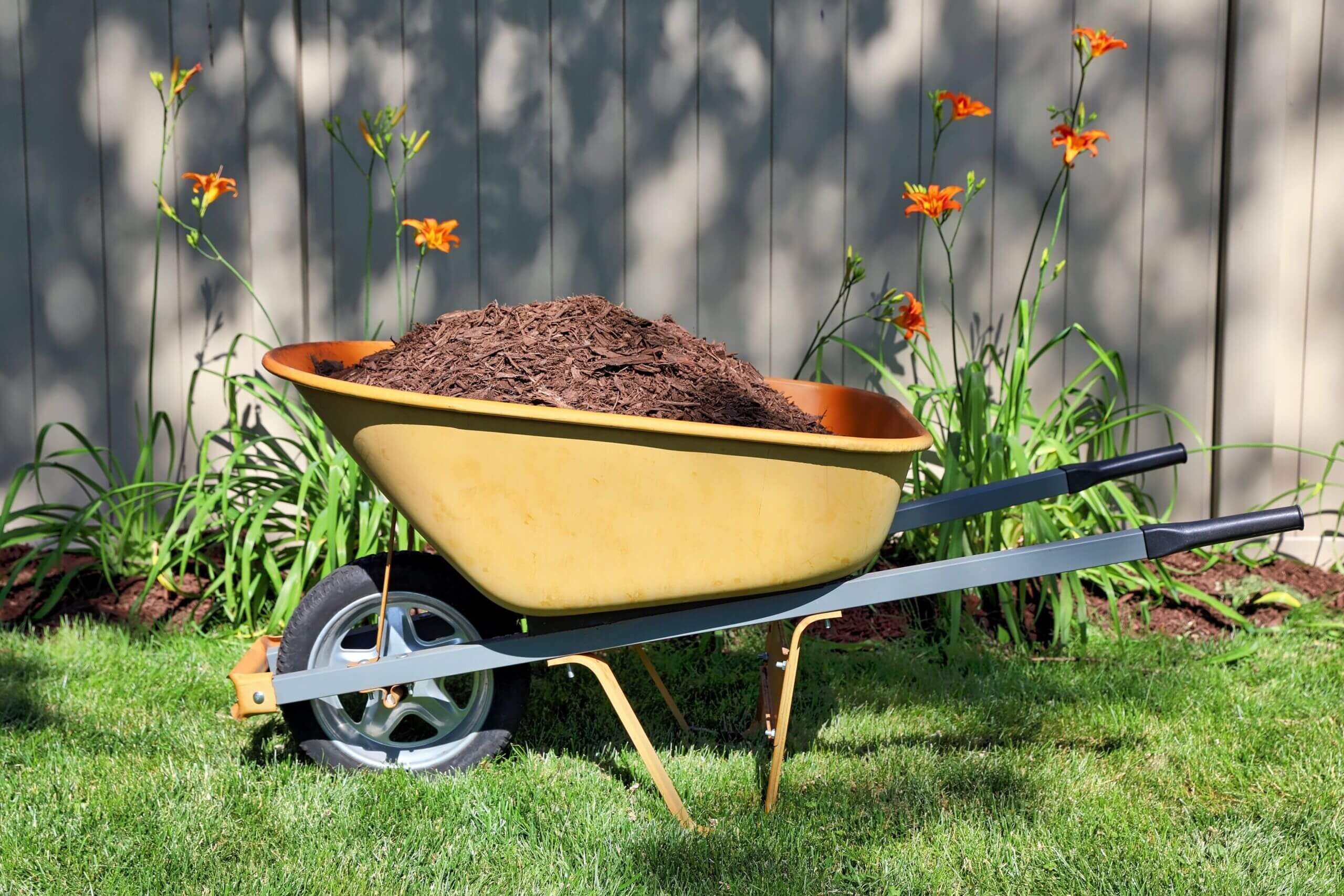Mulching is an essential practice in gardening that serves multiple purposes, from enhancing aesthetics to improving soil health. With a variety of mulch types available, selecting the right one can be a daunting task. This article will guide you through the different types of mulch, their benefits, and how to choose the best option for your garden.
Understanding Mulch
Mulch is any material applied to the surface of the soil to conserve moisture, suppress weeds, and improve the overall health of the garden. It can be organic or inorganic, each with its unique properties and benefits. Understanding these differences is crucial for making an informed choice.
Organic Mulch
Organic mulch consists of natural materials that decompose over time, enriching the soil as they break down. Common examples include wood chips, straw, grass clippings, and shredded leaves. These materials not only provide nutrients but also improve soil structure and promote beneficial microorganisms. Furthermore, organic mulches can help to regulate soil temperature, keeping it cooler in the summer and warmer in the winter, which is particularly beneficial for plant roots. As they decompose, they create a rich habitat for earthworms and other soil-dwelling creatures, which play a vital role in maintaining a healthy ecosystem within the garden.

Inorganic Mulch
In contrast, inorganic mulch is made from synthetic materials or non-biodegradable substances. Examples include plastic sheeting, gravel, and rubber. While they do not enrich the soil, they are effective in weed suppression and moisture retention. Inorganic options can last longer than organic mulches, making them a practical choice for some gardeners. Additionally, they can be particularly useful in areas where water conservation is a priority, as they help to reduce evaporation. However, it is important to consider the potential environmental impact of using synthetic materials, as they may contribute to pollution and do not support the same level of biodiversity as organic alternatives. Choosing the right type of mulch often depends on the specific needs of the garden, including the types of plants being grown and the local climate conditions. You can visit https://kunsthome.com/bulk-wood-chips-for-sale-ideal-for-landscaping-in-sydney to get about bulk wood chips for sale.
Benefits of Using Mulch
Applying mulch in the garden offers numerous advantages, making it a worthwhile investment for any gardener. Understanding these benefits can help in deciding which type of mulch to use.
Weed Suppression
One of the primary benefits of mulch is its ability to suppress weeds. By blocking sunlight and creating a barrier, mulch prevents weed seeds from germinating and growing. This not only saves time and effort in weeding but also allows plants to thrive without competition for nutrients and water.
Moisture Retention
Mulch helps retain soil moisture by reducing evaporation. This is particularly beneficial during hot summer months when plants are more susceptible to drought. A thick layer of mulch can significantly decrease the need for frequent watering, making it an eco-friendly choice for conserving water.
Temperature Regulation
Mulch acts as an insulator, helping to regulate soil temperature. In winter, it can protect plant roots from freezing temperatures, while in summer, it keeps the soil cooler. This temperature moderation creates a more stable environment for plant growth, leading to healthier gardens.

Choosing the Right Mulch for Your Garden
When it comes to selecting the right mulch, several factors should be considered. Each garden is unique, and the choice of mulch should reflect the specific needs of the plants and the overall garden environment.
Consider Your Plants
Different plants have varying requirements when it comes to mulch. For instance, vegetable gardens may benefit from organic mulches that improve soil fertility, while flower beds might prefer decorative inorganic options. Assess the needs of your plants to determine the most suitable mulch type.
Climate and Environment
The local climate plays a significant role in mulch selection. In areas with heavy rainfall, organic mulches may decompose faster, requiring more frequent replacement. Conversely, in dry climates, a thicker layer of mulch can help retain moisture. Understanding your local weather patterns can guide you in making the best choice.
Budget Considerations
Cost is another important factor when selecting mulch. Organic mulches can be more affordable, especially if sourced locally or made from garden waste. In contrast, inorganic options may have a higher initial cost but can last longer, potentially saving money in the long run. Evaluating your budget will help in making a practical decision.
Types of Organic Mulch
Organic mulches come in various forms, each with its unique characteristics and benefits. Here are some popular types to consider for your garden.
Wood Chips and Bark
Wood chips and bark are popular choices for ornamental gardens and pathways. They provide a natural look and help retain moisture while suppressing weeds. As they decompose, they enrich the soil with nutrients. However, it’s essential to ensure they are sourced from untreated wood to avoid introducing chemicals into the garden.
Straw and Hay
Straw is an excellent mulch for vegetable gardens, as it is lightweight and easy to spread. It helps retain moisture and suppress weeds effectively. However, hay may contain weed seeds, so it’s crucial to choose straw specifically for mulching. Both options break down over time, adding organic matter to the soil.
Grass Clippings
Grass clippings are a readily available and cost-effective mulch option. They decompose quickly, providing nutrients to the soil. However, it’s advisable to let them dry out before applying to prevent matting, which can create a barrier to water and air. A thin layer is recommended to avoid excessive nitrogen release.

Types of Inorganic Mulch
Inorganic mulches can be beneficial in specific situations. Here are a few types that might suit your garden needs.
Plastic Mulch
Plastic mulch is often used in vegetable production to warm the soil and suppress weeds. It is particularly effective in regions with cooler climates. However, it can lead to water runoff, so proper irrigation planning is necessary. Additionally, it is not biodegradable, which raises environmental concerns.
Gravel and Stone
Gravel and stone mulches are ideal for pathways and areas where a decorative touch is desired. They provide excellent drainage and do not decompose, making them a long-lasting option. However, they do not offer the same benefits in terms of soil enrichment or moisture retention as organic mulches.
Rubber Mulch
Rubber mulch, made from recycled tyres, is a durable option for playgrounds and garden paths. It is effective at weed suppression and retains moisture well. However, it does not provide any nutrients to the soil and can be more expensive than traditional organic options.
Application Tips for Mulch
Proper application of mulch is crucial to maximise its benefits. Here are some tips to ensure effective mulching in your garden.
Layer Thickness
The thickness of the mulch layer is vital for its effectiveness. A depth of 5 to 10 cm (2 to 4 inches) is generally recommended for most types of mulch. Too thin a layer may not provide adequate weed suppression, while too thick can suffocate plants and prevent water penetration.
Timing of Application
Timing is essential when applying mulch. It is best to mulch after the soil has warmed up in spring but before weeds have a chance to establish. This timing helps to suppress weeds while retaining moisture for young plants. In autumn, mulching can protect plants from winter frost.
Maintenance and Replacement
Regular maintenance is necessary to keep mulch effective. Organic mulches will break down over time and may need to be replenished annually. Inorganic mulches may require occasional raking to maintain an even appearance. Monitoring the mulch layer will ensure it continues to provide the benefits intended.
Conclusion
Choosing the right mulch for your garden is a vital decision that can significantly impact plant health and garden aesthetics. By understanding the types of mulch available, their benefits, and the specific needs of your garden, a suitable choice can be made. Whether opting for organic or inorganic options, the right mulch can lead to a thriving and beautiful garden.
Investing time in selecting and applying mulch correctly will yield long-term benefits, making gardening more enjoyable and productive. With the right mulch, a garden can flourish, providing a vibrant space for relaxation and enjoyment.

